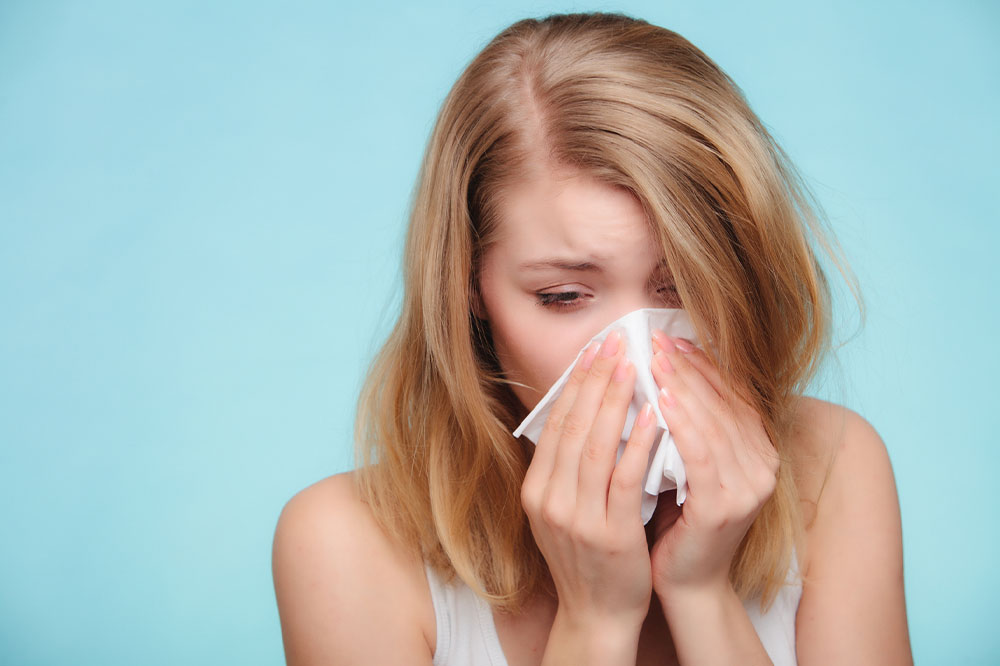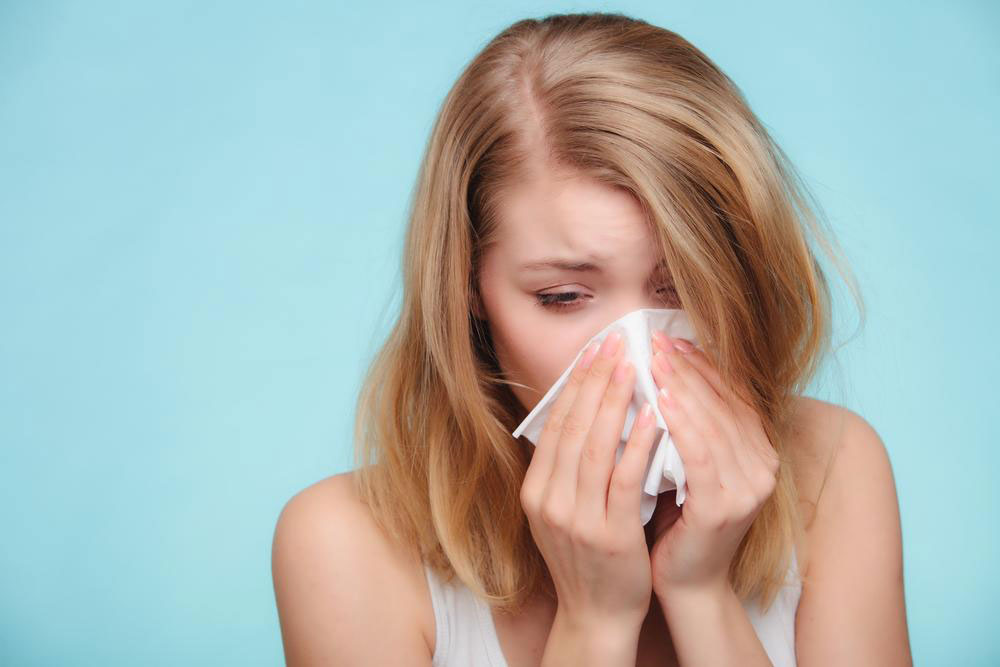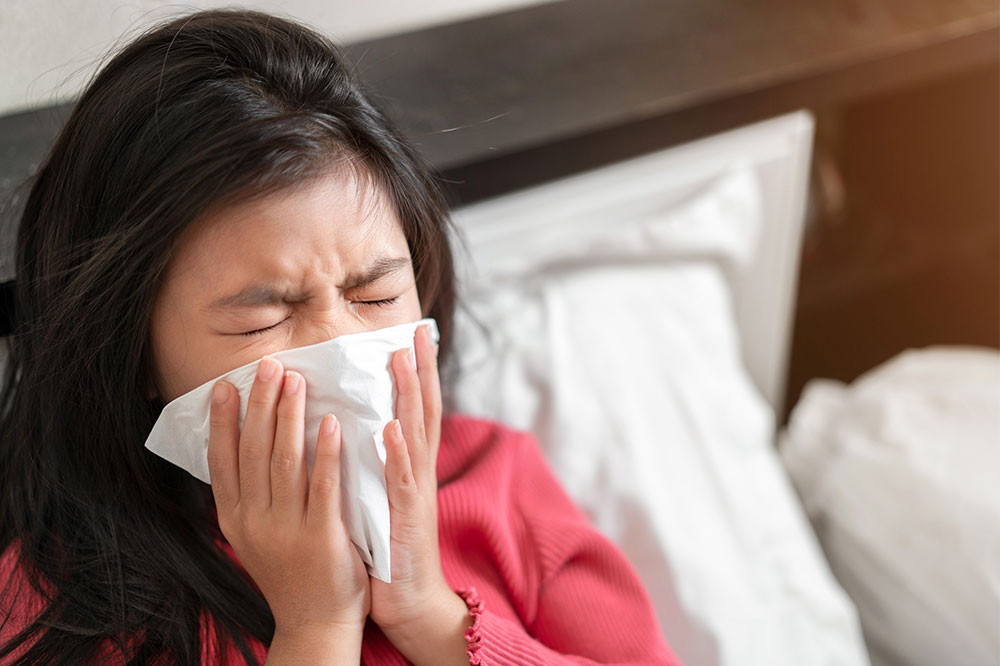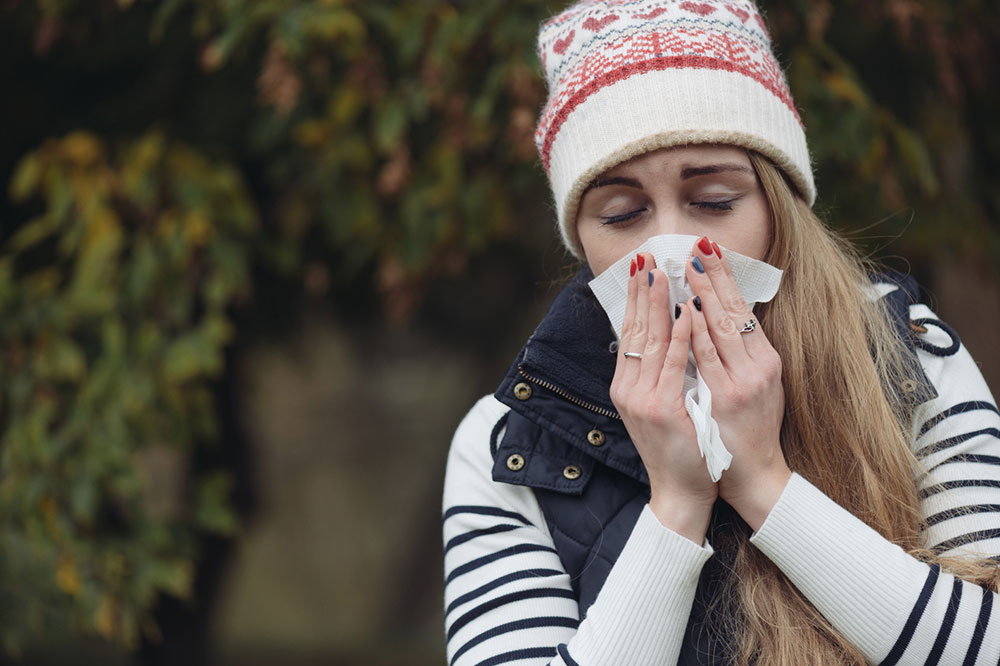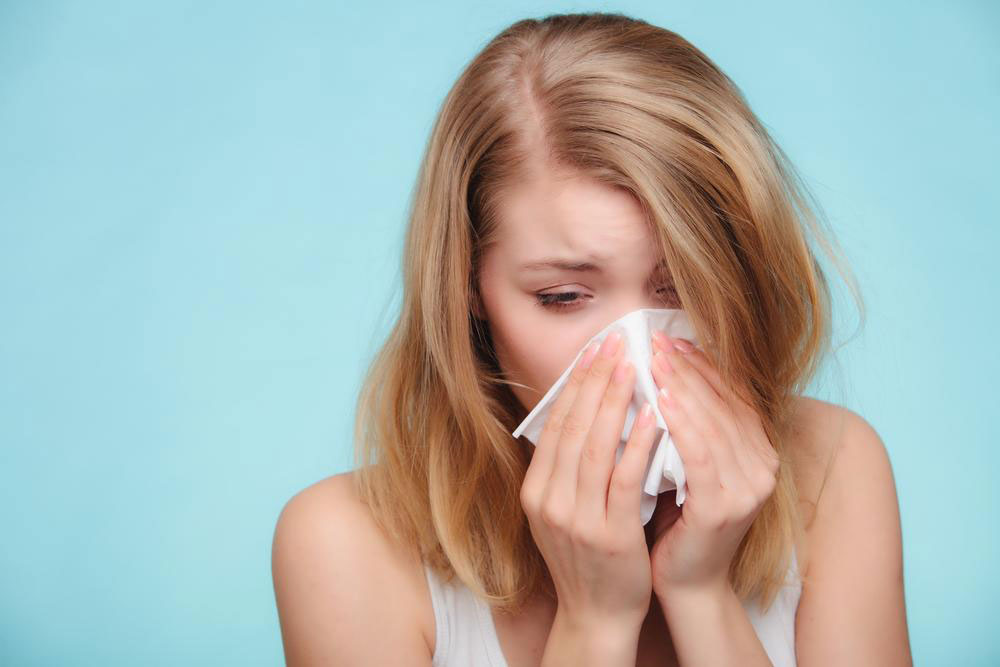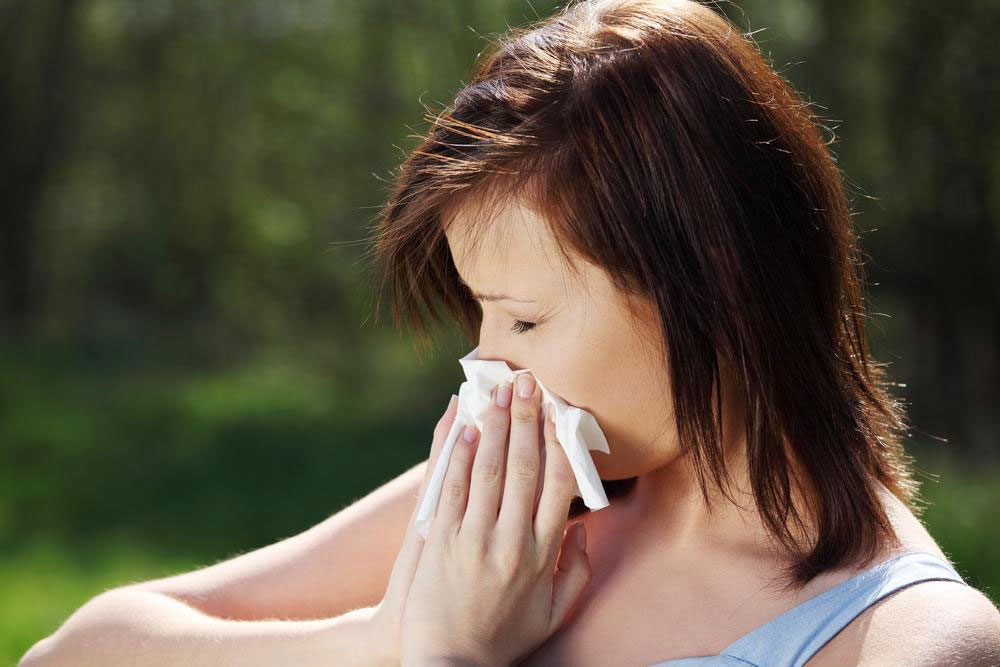Understanding Cold and Flu: Essential Facts You Need to Know
Learn key facts about the common cold and flu, including symptoms, prevention strategies, and treatments. Discover how these contagious illnesses spread and what you can do to stay safe during any season. The article emphasizes hygiene, vaccination, and recognizing symptoms early to avoid complications.

Understanding Cold and Flu: Essential Facts You Need to Know
The common cold is so named because it is a widespread and easily transmitted infection. Regardless of how strong your immune defenses are, you may experience cold symptoms at least once annually. These symptoms usually persist for a week or two and rarely lead to serious complications. Most cases can be managed with over-the-counter remedies. Several viruses can cause colds; the most prevalent is the highly contagious rhinovirus. Allergic reactions to specific allergens can also mimic cold symptoms.
You can catch a cold at any time during the year. The phrase "catch a cold" highlights how easily the virus spreads through the air when an infected person sneezes, making you susceptible.
Flu
The flu is caused by the influenza virus and shares many symptoms with the common cold. However, if not properly treated, flu can lead to serious complications, especially for young children and seniors. Unlike the cold, flu typically occurs during the seasonal peak in fall or winter.
Symptoms
Common cold symptoms include a runny or congested nose, sore throat, sneezing, coughing, fatigue, and general weakness. These symptoms are also present in the flu but often accompanied by high fever, headaches, chills, and sometimes vomiting, nausea, or diarrhea.
Treatment
Many cold symptoms can be alleviated with over-the-counter medications. While generally safe, it’s best to consult a healthcare professional before use. Staying well-hydrated helps with flu recovery, and getting an annual flu vaccine can prevent serious illness. If symptoms worsen or persist beyond a few days, seek medical advice promptly.
Prevention
Preventative measures include maintaining good hygiene, such as frequent handwashing, and practicing healthy habits. Stay vigilant during flu season, get allergy testing to identify triggers, and avoid allergens. Since viruses are highly contagious, cover your mouth and nose when coughing or sneezing, and take protective steps during outbreaks.

